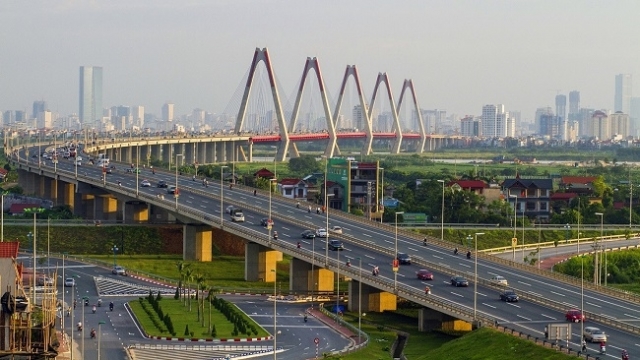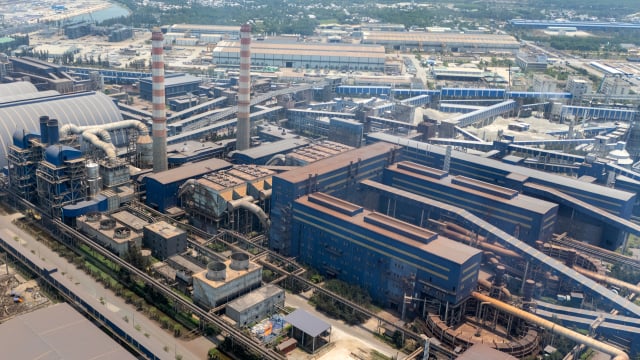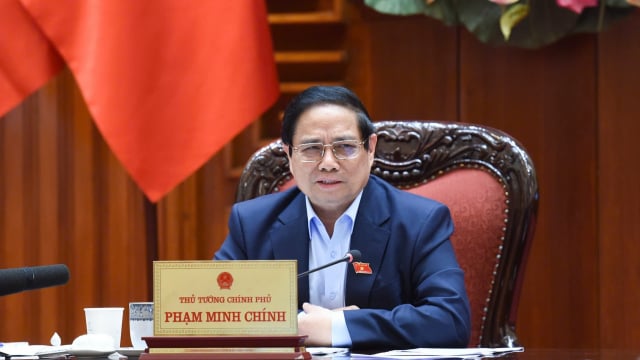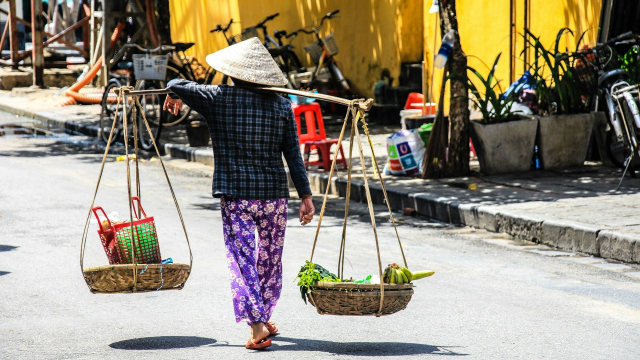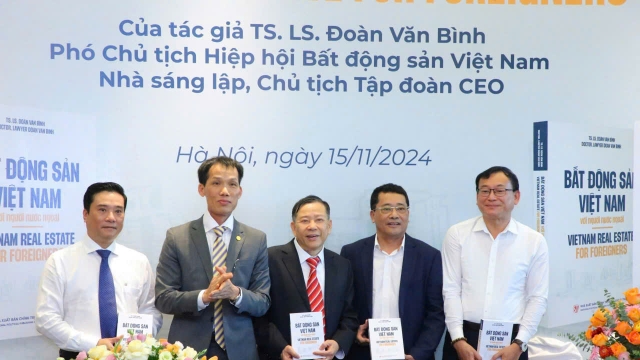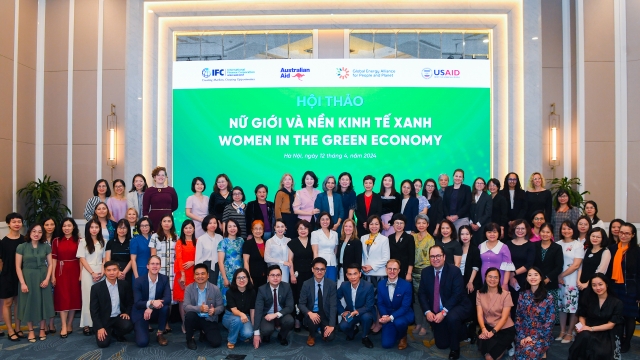National Focus
IFC to support Hanoi to attract high value-added investment
IFC will work with Hanoi to formulate a new-generation FDI strategy and assist the city in diversifying its funding sources.

IFC, a member of the World Bank Group, has signed a memorandum of understanding with the People’s Committee of Hanoi to support its efforts to attract new-generation foreign direct investment (FDI) and diversify its funding sources, thereby sustaining the city’s rapid economic development, competitiveness, and inclusive prosperity.
One of the fastest growing cities in Asia, the country’s capital accounts for one-fifth of Vietnam’s gross domestic product (GDP). Home to over eight million inhabitants, Hanoi attracted $8.45 billion in FDI last year, highest among the country’s 63 cities and provinces. The FDI capital flow was highest in three areas including property development, processing and manufacturing, and telecommunication and information.
To sustain robust socio-economic development, Hanoi aims to attract higher-quality streams of FDI. This will support the city’s strategy of developing high-tech and high value-added industries, increasing local sourcing, and creating more and better jobs.
“Strategic FDI as guided in the Politburo’s resolution 50/2019 on orientations to finalize policies and mechanisms to promote FDI quality and effectiveness toward 2030 plays an essential role in sustaining Hanoi’s sustainable economic and employment growth and in realizing its industrialization and modernization plan toward 2030,” said Nguyen Duc Chung, chairman of the People’s Committee of Hanoi.
Under the MoU framework, IFC will work with Hanoi to formulate a new-generation FDI strategy in response to the government’s master plan of foreign investment promotion toward 2030.
Where possible, IFC will also assist Hanoi in diversifying its funding sources. The overall effort will leverage IFC’s global network of clients and partners, with benefits to potential key sectors including financial markets, infrastructure, logistics, and health and education.
“Hanoi already possesses many key factors that are attractive to higher quality FDI. The current environment of global supply chain changes — as a result of the Covid-19 pandemic — provides a good opportunity for the city to further prioritize FDI inflows in line with its development strategy,” said Kyle Kelhofer, IFC regional manager for Vietnam, Cambodia, and Lao.
Kelhofer said that this includes FDI with increased local value-addition, with increased technology focus, to strengthen foreign-local firm linkages and help enhance local supply chain opportunities, foster improved job opportunities, and boost the overall competitiveness of the city.
Vietnam in a league of its own post Covid-19 pandemic
Resolution 68: A turning point in Vietnam's private sector policy
As Vietnam sets its sights on becoming a high-income country by 2045, Resolution 68 lays a crucial foundation. But turning vision into reality requires not only good policy - but also unwavering execution, mutual trust and national unity.
Vietnam plans upgrade of Gia Binh airport to dual-use international hub
Vietnam plans to upgrade Gia Binh Airport in Bac Ninh province into a dual-use international airport to support both military and civilian operations, the government said on Friday.
Lives under the scorching sun: Outdoor workers racing against climate change
Under unforgiving conditions, the outdoor workers - the backbone of urban economies - endure the harshest impacts of climate change while remaining overlooked by social safety nets. Their resilience and struggles highlight the urgent need for better protection in the face of rising temperatures and precarious livelihoods.
CEO Group chairman unveils guide to Vietnam real estate for foreigners
Doan Van Binh, Chairman of CEO Group and Vice President of the Vietnam National Real Estate Association, introduced his latest book, “Vietnam Real Estate for Foreigners,” at a launch event in Hanoi on Friday.
Women leading the charge in Vietnam's green transition
Acting for increased women’s participation and leadership in climate action, Vietnam can accelerate a transition that is more inclusive, just, and impactful.
Steam for girls: A journey of passionate and creative girls
The "Steam for girls 2024" competition provides a creative platform for Steam and an opportunity for students to connect with peers from various regions within Vietnam and internationally.















